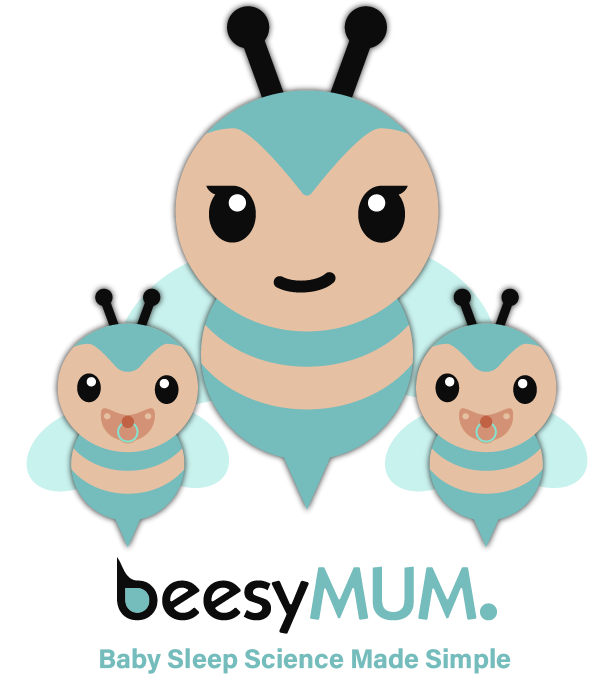As a sleep consultant for babies, I often come across parents struggling to understand their baby’s developmental leaps. One tool many parents have turned to in recent years is the Wonder Weeks app, which claims to track a baby’s developmental milestones and predict when they may be going through a “leap” in their development.
However, the validity of Wonder Weeks has recently come under scrutiny, with questions being raised about the research conducted by the app’s developers. The developers have been accused of cherry-picking data and using the flawed methodology to support their claims about the timing and nature of developmental leaps.

As a result, some experts have warned parents to take the information provided by Wonder Weeks with a grain of salt and to not rely solely on the app for guidance in their child’s development.
While it can be helpful to have a general idea of when your baby may be going through a developmental leap, it’s important to remember that every child develops at their own pace and in their way. Parents should seek support from qualified experts such as paediatricians, sleep consultants, and other healthcare providers to ensure their child meets their developmental milestones and receives appropriate care.
It’s also essential for parents to trust their instincts and not dismiss their concerns as simply being a result of a “leap.” If you have concerns about your child’s development or behaviour, don’t hesitate to seek professional guidance.
What is ”wonder weeks”?
The Wonder Weeks was developed by a husband and wife team, Frans X. Plooij and Hetty van de Rijt. Both are Dutch psychologists and researchers who have spent years studying infant development.
Their research is based on a theory they developed called the “leap theory,” which suggests that babies go through predictable periods of rapid development followed by periods of consolidation. According to their theory, these periods of rapid development can be difficult for babies, leading to increased fussiness and clinginess.
Plooij and van de Rijt have conducted extensive research on infant development and behavior, and have published numerous books and articles on the subject. They also developed a smartphone app that provides parents with information on their baby’s developmental stages and behavior.
Critics of the Wonder Weeks have questioned the validity of the leap theory, and have pointed out that not all babies experience the same developmental patterns. However, many parents and professionals find the information provided by the Wonder Weeks to be helpful in understanding their baby’s behavior and needs.
Overall, while the Wonder Weeks has its supporters and critics, it is important for parents to remember that each baby is unique and may not follow the same developmental patterns as described in the theory. It can still be a helpful tool for understanding and responding to their baby’s behavior, but should not be used as a replacement for seeking medical advice or professional support when needed.
In conclusion, while the Wonder Weeks app may have some helpful information for parents, it’s essential to take its findings critically and not rely solely on it for guidance. Seeking support from qualified professionals and trusting your instincts as a parent is vital to ensuring your child receives the best care possible.



